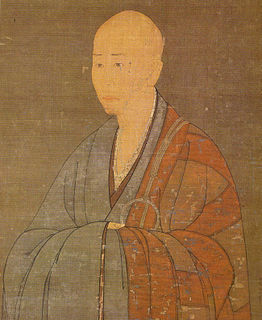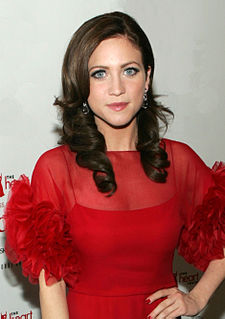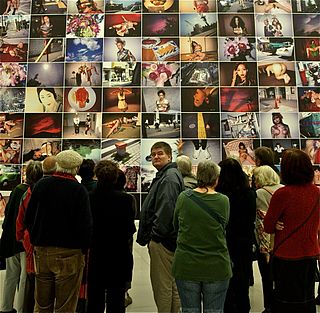A Quote by Hiroshi Sugimoto
It's pre-photography, a fossilization of time, Americans have done the Zen garden to death. I wanted to do something different.
Related Quotes
Zen is to religion what a Japanese "rock garden" is to a garden. Zen knows no god, no afterlife, no good and no evil, as the rock-garden knows no flowers, herbs or shrubs. It has no doctrine or holy writ: its teaching is transmitted mainly in the form of parables as ambiguous as the pebbles in the rock-garden which symbolise now a mountain, now a fleeting tiger. When a disciple asks "What is Zen?", the master's traditional answer is "Three pounds of flax" or "A decaying noodle" or "A toilet stick" or a whack on the pupil's head.
Photojournalism is photography with more story telling. A single image can be amazing and dramatic. I started out shooting individual images, but I found I wanted to have more of a voice: to actually say something. I wanted to do something more personal over a long period of time, with more authorship.
































